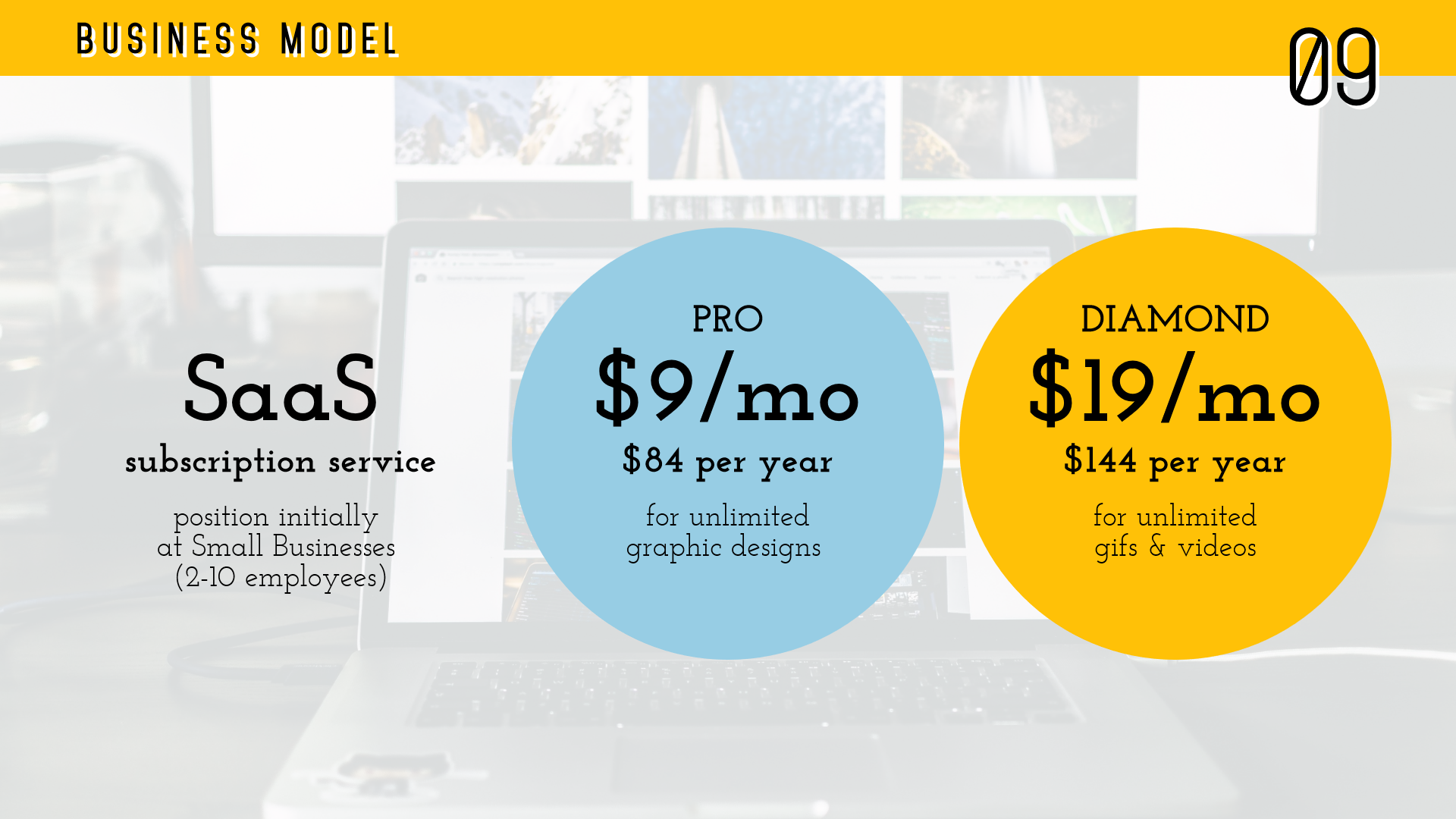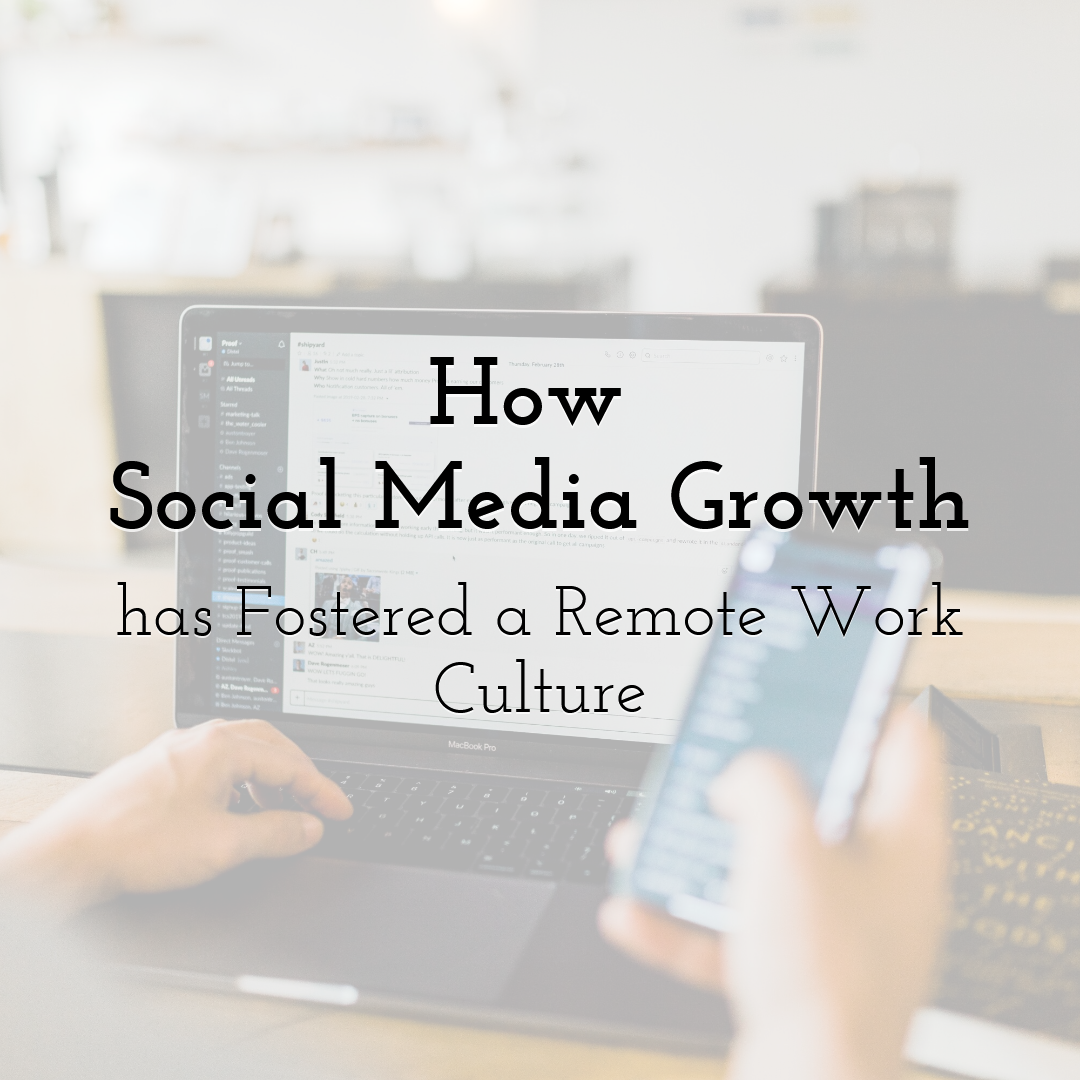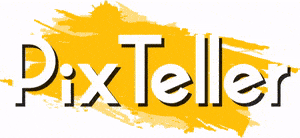What Will the Digital Industry Look Like in the Post COVID-19 World?
When word about the global COVID-19 outbreak first reached mainstream news outlets, it was impossible to know what would follow. Would it spread beyond all control? Would it be brought to heel with surprising efficiency and be viewed as insignificant in hindsight? It was only when lockdown measures were put into effect that the reality of the situation began to sink in.
 Make images and animations for your website with PixTeller
Make images and animations for your website with PixTeller
Almost overnight, daily life changed dramatically. In addition to seeing so many lives lost, we all watched offices closing, workers being furloughed or removed permanently, and conventional social structures grinding to a halt. Some industries were affected less than others, though, and companies in the digital industry coped relatively well due to their ability to work remotely easily.
That isn't to say that the digital industry was utterly unaffected, though — or that it will be able to transition into a post-coronavirus world effortlessly. Now that restrictions are being lifted in many places across the globe. It's worth asking one central question: what will the digital industry look like in the post-COVID-19 world? Let's consider it.
-
SaaS tools will continue their dominance
We just touched upon how easy it is to work from home in the digital world, and it's the SaaS industry that deserves more credit for this than any other.
The online software allows us to get so many things done without needing any local installations: we can collaborate on documents, create polished photos, make animations, automate countless basic tasks, stay in close contact, and even handle the essential components of daily business as human resources and financial management.

Even if people start going back to having office spaces (which isn't sure, as we'll see next), SaaS tools aren't going to fall in popularity. Given a choice, would you want to use something that needs to be installed on your machine or something that you can access from anywhere (and from any machine) provided you have an internet connection?
Now that people are aware of what they can do through SaaS, they won't be going back to the old way of doing things.
-
Investment in employee training will rise
The days of letting employees rely on IT teams coming in to set up their machines and resolve their technical difficulties are probably getting fewer and farther between. It just isn't anywhere near as practical when people are working remotely — even if there weren't pandemic-related concerns, it isn't economical to have IT consultants go around to people's homes.
Due to this, we're going to see a significant investment in employee training, seeking to cover two major areas.
Firstly, workers will need to be coached through the fundamentals of setting up their home offices. How to unpack and safely deploy displays, correctly attach any necessary connectors (displays, audio, networking: optimal productivity requires substantial configuration), and even some non-technical concerns such as how to cultivate a productive atmosphere and how to avoid remote-working distractions.
Secondly, they'll need intuition on how to keep their computers maintained: how to report any major errors that come up, look after the hardware, use all the software they're assigned without frequently needing assistance, and generally avoid the need to have dedicated IT assistants step in to help them out. Anyone with glaring gaps in their knowledge must now have those gaps filled: it's no longer viable to have Luddites getting by in the digital industry.
-
Office space will be kept to a minimum
Back when the personal computer was still pioneering technology and even dial-up internet was yet to make an appearance, it was necessary to maintain an office. Over the following years, though, developments in broadband and laptop build eventually made it possible for a team of computer-based workers to get their work done from home.
In truth, given that we reached that point over a decade ago, it's interesting how deeply the practice of having a big dedicated office is still embedded in the digital industry. It ultimately comes down to two things in particular: fears about productivity, and the persistent association between having a beautiful office and being a successful and respectable company.
Now that we know it's possible to work remotely full-time without sacrificing productivity (we have clear proof of concept by now), the only lingering barrier for many companies is that feeling that it's somehow necessary to have an office for your business visual brand. Somewhere to assemble employees for team photos, and to hold unavoidable client meetings.
But even that is changing, largely due to precedent but also due to the slow appreciation of how much of a resource drain office space tends to be.
What I expect to see more commonly is the use of minimalistic office spaces, possibly even through space-sharing schemes (expect them to bounce back after their recent troubles): some of the money saved can go towards improving the home offices we already made reference to (paying for displays, keyboards, any other peripherals, etc.), and the rest can simply be saved. This will lead to greater operational efficiency and flexibility.
-
Home businesses will be much more common
Frustrated with the vagaries of standard employment, plenty of people have resolved to go into business for themselves during the COVID-19 pandemic, and not just those who were already entrepreneurial. When times get tough, people take risks they would otherwise have avoided in perpetuity. Notably, it's the digital industry that's allowing them to do this.
With home offices getting better, SaaS tools being consistently useful, digital skills being so easy to develop through online training, and there being so many viable business options for self-starters (selling retail, consulting, freelancing, running a monetized blog, etc.), it's easy to see why so many people feel that now is the perfect time to become their own bosses.
Consequently, the post-COVID-19 world will showcase a digital industry that's packed with even more home businesses than ever before. This will make the world of digital marketing even more chaotic than it already is, and SEO will reach new levels of competition.
Conclusion
Even though the digital industry has done pretty well during the 2020 pandemic, it's still going to change. The most significant difference will be the continued rise of remote working, with the conventional office structure losing a lot of its appeal — and this should be good for employers and employees alike.
Until next time, Be creative! - Pix'sTory made by Rodney Laws
Recommended posts
-

SaaS vs. PaaS vs. IaaS: What's The Difference
Read More › -

Why Local Businesses Need to Use Video Marketing
Read More › -

Why Your Small Business is Struggling with Content
Read More › -

Empowering Marketing With AI: How to Use AI SEO Tools
Read More › -

How QR Codes Are Shaping Technology and Web Design in the US
Read More › -

How Social Media Growth has Fostered a Remote Work Culture
Read More ›
